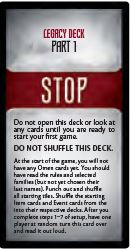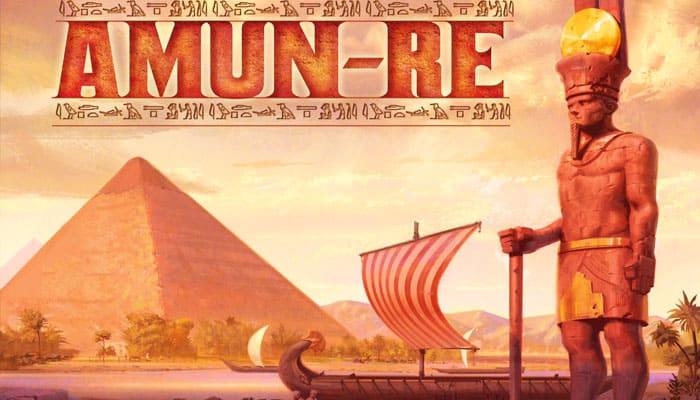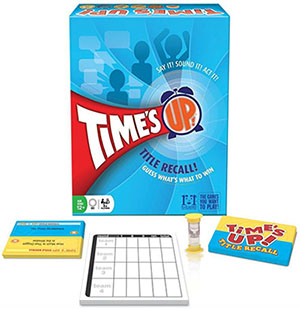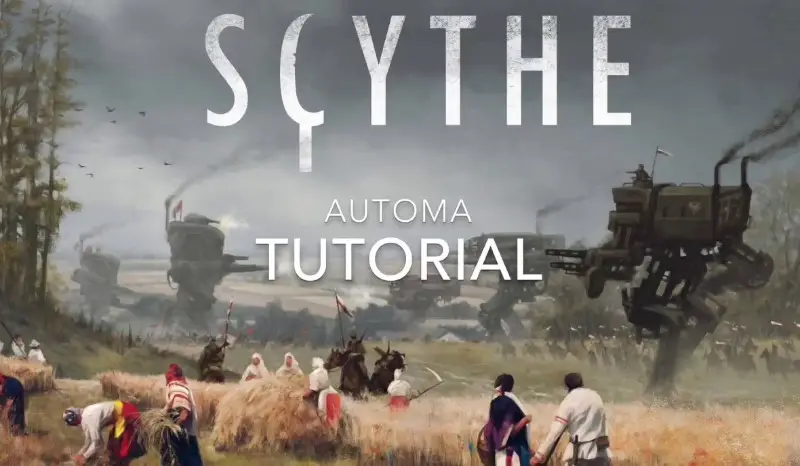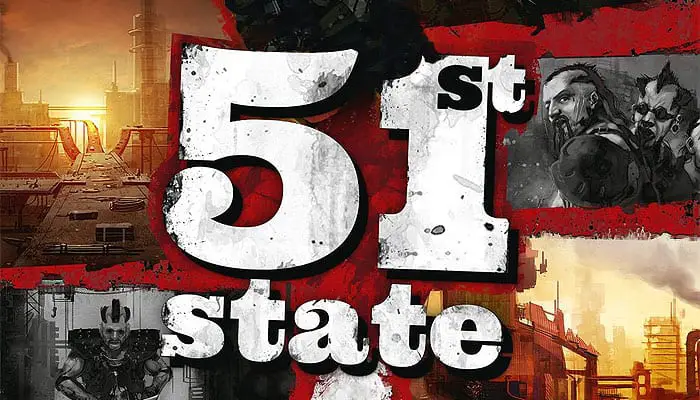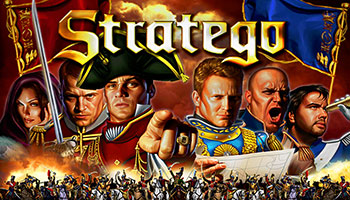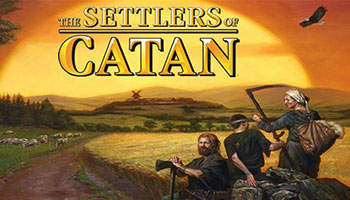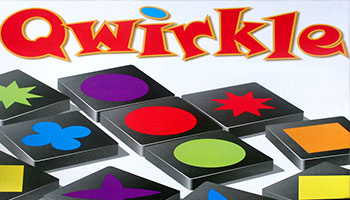
Chess was originally invented in India around the 6th century AD. Since then, Chess has be- come known as the game of kings and the greatest of games. Now that you're comfortable with how the Chess pieces move and capture, here are the rules to play Standard Chess.
Standard Chess is a game of logic. No Action cards are used. Instead, on his turn a player is free to move any one of his pieces among those that can be moved. …





